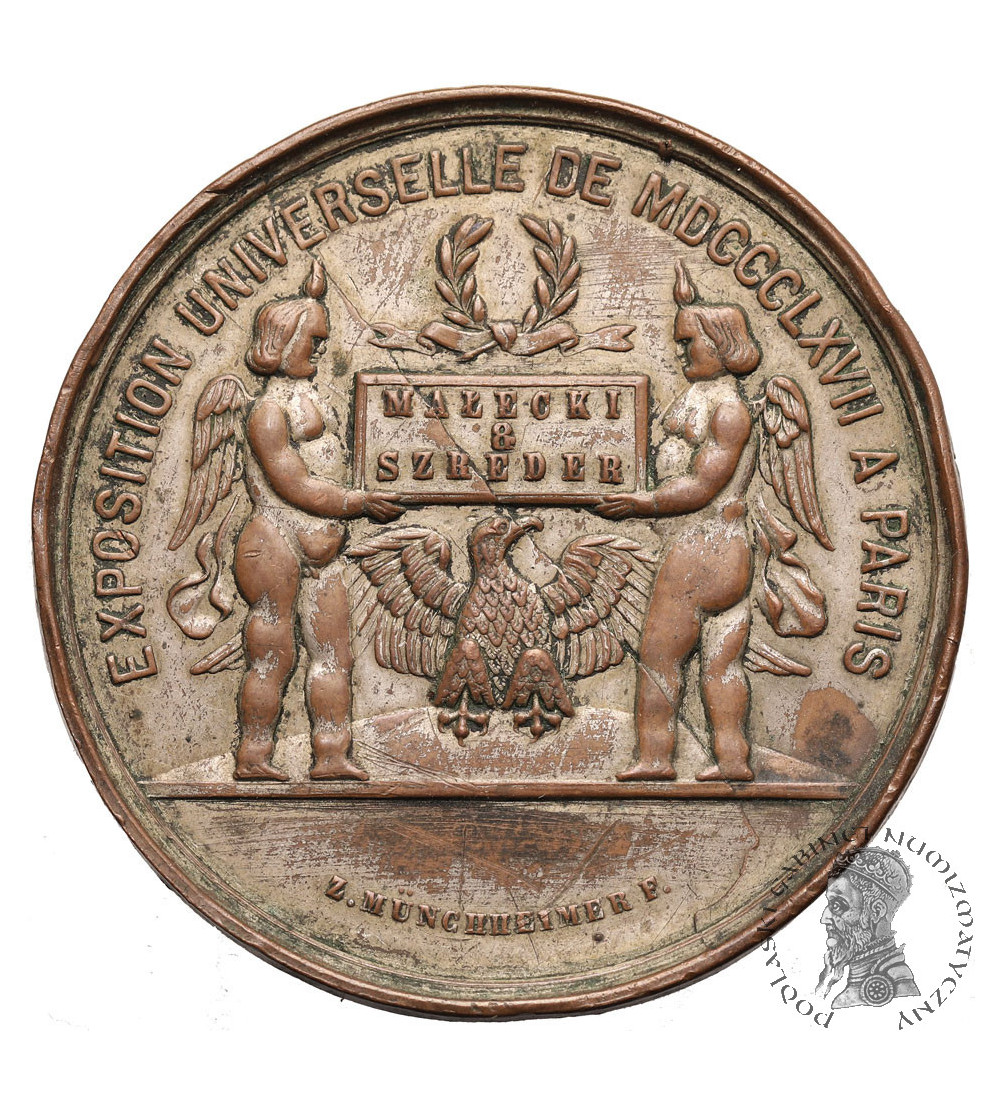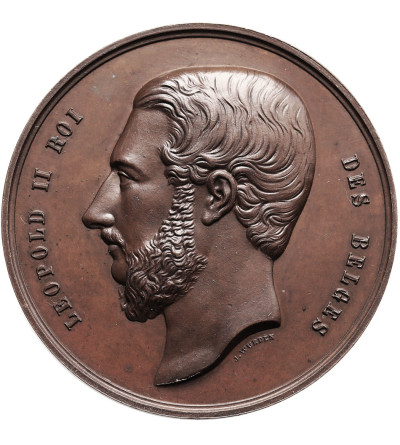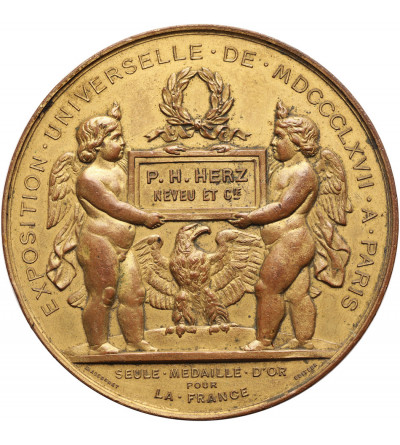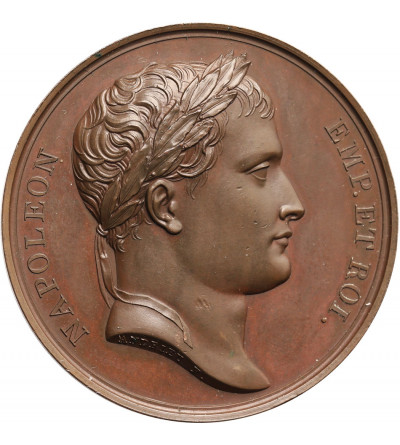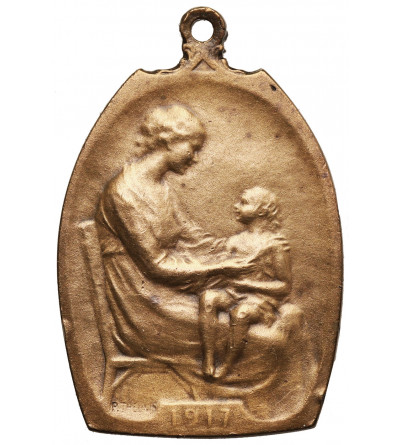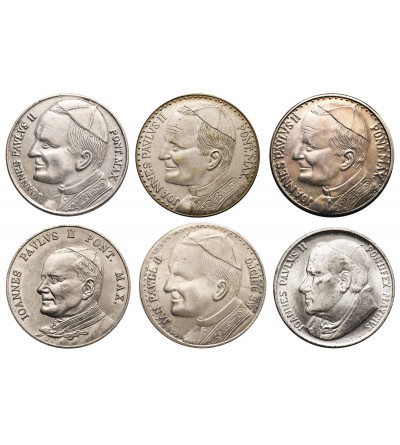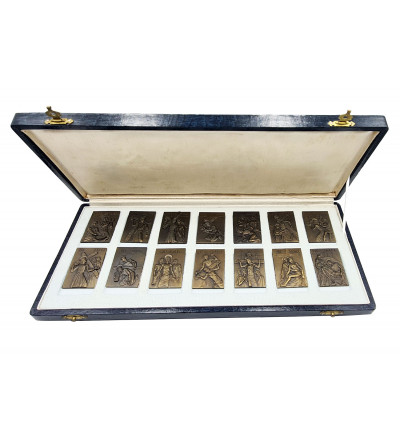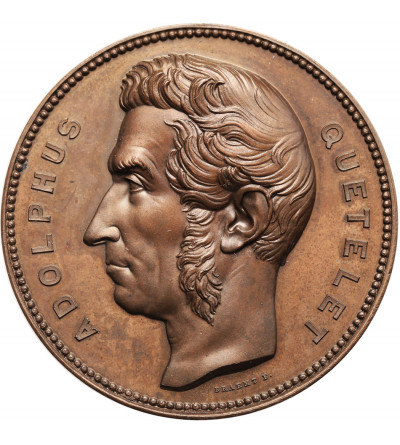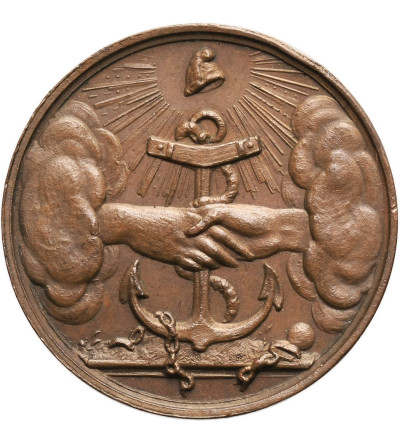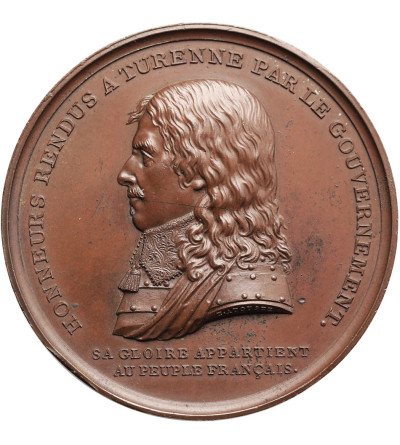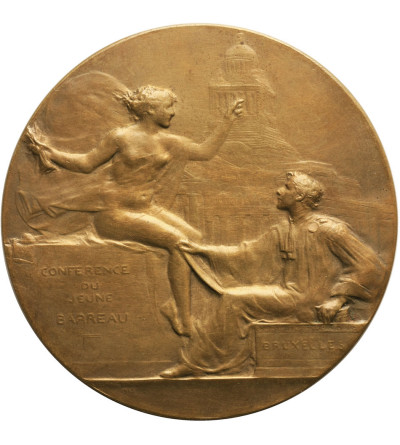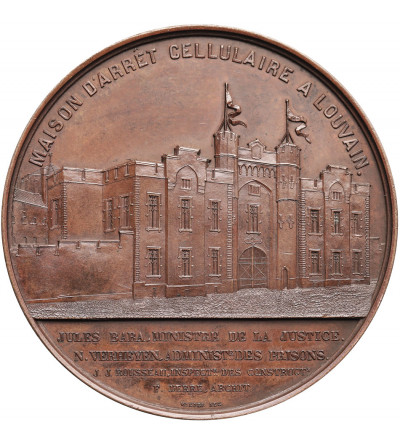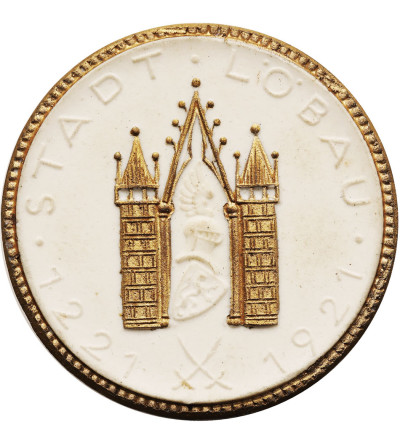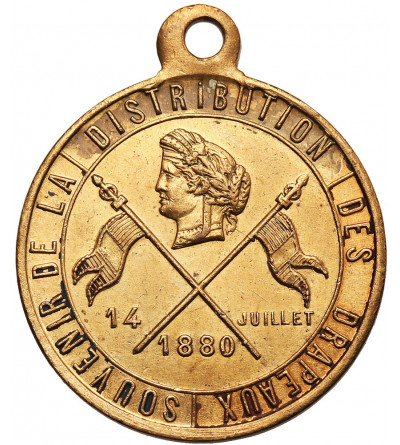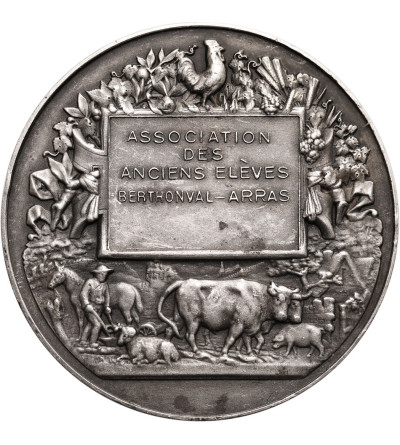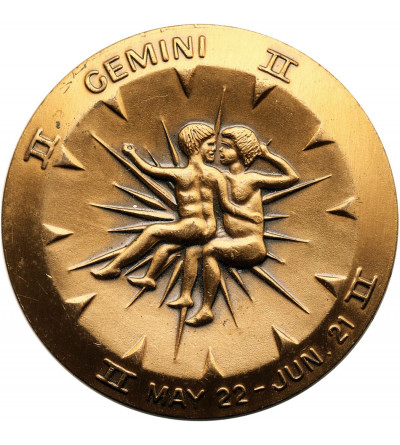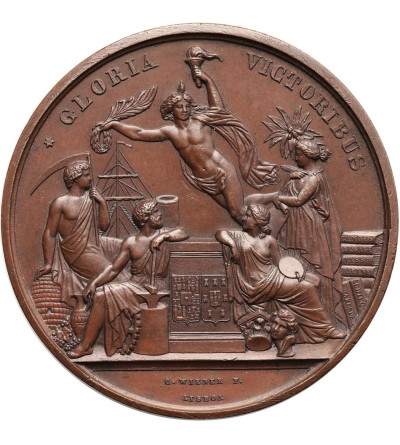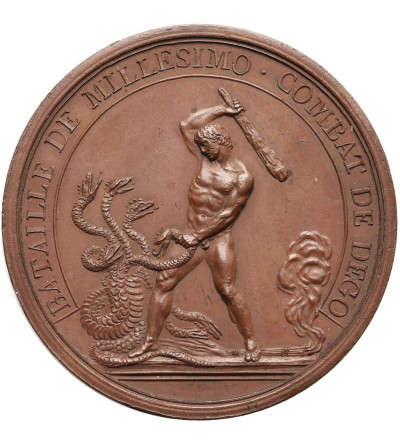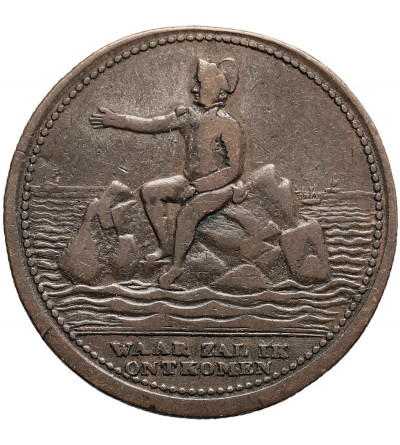Małecki Piano and Pianos Factory - a piano and pianos factory, operating from 1860/61 until World War II in Warsaw, 2779 Alexandria St., from 1880/81 35 Przemysłowa St., in its own factory building with warehouse 24 Nowy Świat St. and from 1908/9 l Piękna St., from about 1911. 17 Ujazdowskie Avenue (Zakopowa 3), in the interwar years 5 Zajączkowska Street. Founded by former employees of S. Zembrzuski's factory - Julian Małecki and Wiktor Schröder, who took over after the death of their principal. From 1872, the plant under the Małecki company was run by J. Małecki after the departure of his partner, and from 1912 by his son Stanisław (the owner was E. Czarnowski from around 1912).
The factory gained a reputation. It received awards:
- Paris 1867 - silver medal for cross piano with double metal frame, six supports,English repetitive mechanics, veneered with rosewood (for 1000 rb.).
- Vienna 1873 - medal of merit
- Paris 1878 - bronze medal
- Warsaw 1886/7 - gold medal
- Paris 1889 - silver medal
- Nizhny Novgorod 1896 - gold medal.
Since 2.1.1871 she held the title of privileged supplier to the Warsaw Conservatory. From 1869 it built instruments with suspended soundboard of its own design. 1871 equipped with 4 workshops, it employed 12 workers with an annual production value of 9,000 rubles (materials used 2,100, factory value 3,000, wages 3,500 rubles); 1872 employed 44 people, production value 45,000 rubles; 1877 - 32 people; 1879 30 people; 80 instruments for 36,000 rubles; 1880 - 40 people, 55,000 rubles; 1884 - 41 people, 55,000 rubles. (100 instruments); 1903 - 4 yr. 25 - 27 persons, 34,000 rb. (pianos 17,800, pianos 15,200 rb.) with equipment including 30 carpentry workshops, a band saw and a milling machine. Since 1889 it had a branch in Vilnius, 16 Dominikanska St. 1904 the company went bankrupt and the plant was temporarily closed. Its previous production was estimated at 6,000 (actually about 3,800) instruments worth 3 million rb. The factory building on Przemyslowa Street was bought at auction through intermediaries by the Kerntopf factory, which moved there 1909. Malecki's company reopened 1908/9, and by 1912 employed 24-30 workers. With an annual production of 33,000 rb. Thereafter it operated on a small scale and without success. It achieved its greatest successes in the 19th century. Instrumentologist J. Hirt rated it as one of the most important in the world by 1880. Many of Malecki's instruments are still preserved in private and museum collections.
source: wikipedia.org
